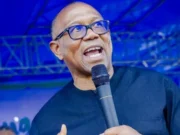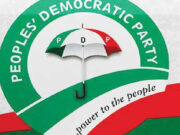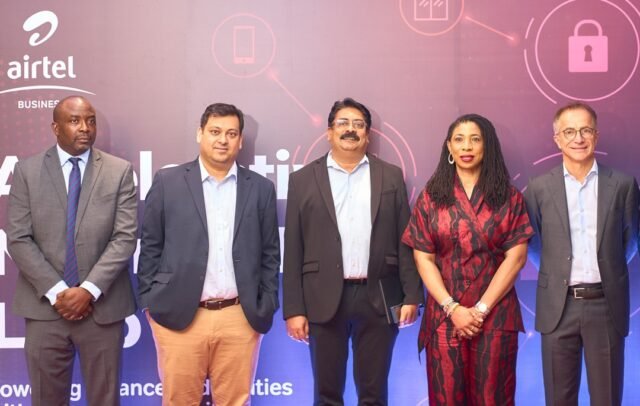From July 8 to 9, 2025, at Lagos Continental Hotel, a select group of industry leaders gathered to collaborate on shaping the future of Nigeria’s digital economy. Hosted by Airtel Nigeria and its enterprise division, the workshop united executives and innovators from the Banking, Financial Services & Insurance (BFSI) and utility sectors. The goal: to co‑design solutions that harness connectivity for transformative impact across finance, power, and infrastructure.
Table of Contents
Setting the Stage: A Bold Vision for Digital Growth
Under the theme “Powering Financial Services with Connectivity”, day one focused on the pressing needs of eyes trained on the future of banking and financial services. The following day, “Accelerating Nigeria’s Digital Leap: Smarter Networks, Smarter Business” shifted attention to utility providers—seeking to merge energy reliability with intelligent infrastructure.
The executive team, including Dinesh Balsingh (MD/CEO Airtel Nigeria), Abhishek Biswal (Chief Business Officer, Digital Services, Airtel India), Ogo Ofomata (Director, Airtel Business Nigeria), and Luc Serviant (Group Enterprise Business Director, Airtel Africa), drove the dialogues. Their collective message was clear: connectivity is the foundation, but true value lies in digital integration.
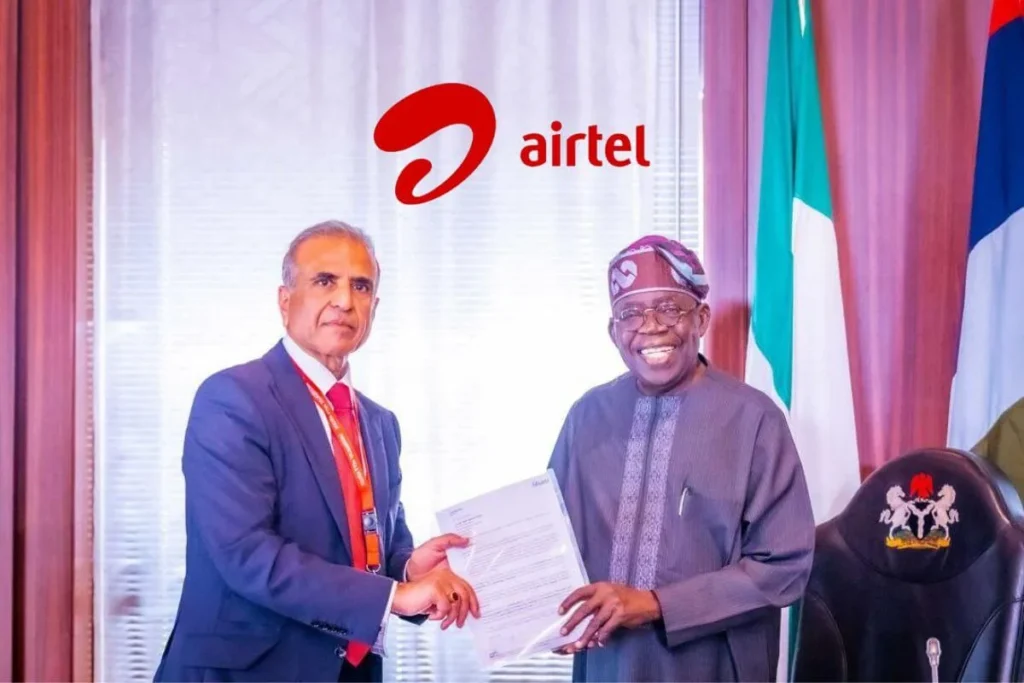
Day One Recap: BFSI Sector Reimagined
1. Connectivity as a Strategic Asset
Dinesh Balsingh opened with a strategic call to action. Nigeria’s major sectors—“power and water, finance, transportation, logistics”—are entering a pivotal digital era. He contended that the real question isn’t if but how fast and smartly digital transitions occur, adding that Airtel aims to shift from simply providing connectivity to being a comprehensive digital partner.
2. Toolbox for Transformation
Balsingh outlined Airtel’s enterprise suite:
- Internet of Things (IoT): enabling smart metering, energy optimisation, leak detection, and real-time asset tracking.
- CPaaS (Communications Platform as a Service): secure multi-channel engagement via SMS, WhatsApp, Voice, and USSD.
- NaaS (Network as a Service): cloud-ready, agile connectivity with heightened flexibility and security.
3. Global Learnings, Local Application
Abhishek Biswal demonstrated Airtel’s IoT Hub and its capacity to enhance energy distribution. He emphasised that true innovation demands secure, scalable, seamless digital systems—and that meaningful telco-finance utility partnerships are critical to building that ecosystem.
4. Co‑creation over Imposition
Central to Ogo Ofomata’s message was that innovation must be informed by end-user insights. “We don’t take lightly the trust … Sometimes we don’t even know there’s a problem until we come together like this,” she affirmed—highlighting the importance of collaborative design in addressing real-world challenges.
Day Two Recap: Utilities & Energy Enter the Digital Age
1. Infrastructure Needs Real-Time Visibility
Balsingh noted that outdated utility systems, fragmented operations, and insufficient real-time data are fundamental hurdles. He painted a future enabled by Airtel’s IoT, CPaaS, and NaaS—where better service quality meets operational efficiencies, driving benefits for both providers and consumers.
2. Connectivity Beyond 4G
Luc Serviant highlighted Airtel’s forward-thinking investments in 5G technology and Low Earth Orbit (LEO) satellite connectivity. He pointed out how this dual approach could empower remote and underserved regions, enabling robust, real-time operations across infrastructures.
Cross‑Sector Synergies: Breaking Down Silos
A recurring theme was the interdependence between finance and utilities. For instance, smart metering datasets could support new financial products for customers. Conversely, secure BFSI channels could improve billing systems and payment flows at utilities. Speakers, including Biswal and Ofomata, underscored that solving big problems requires interconnected systems, grounded in telco platforms.
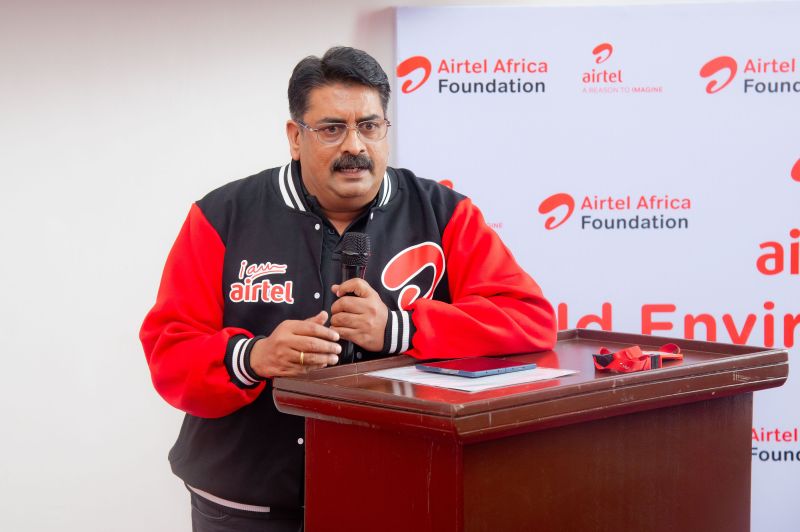
Key Outcomes and Next Steps
1. Stakeholder Buy‑in
Leaders from both sectors welcomed the opportunity to innovate collaboratively, identifying customised solutions and solid alliances, backed by Airtel’s proven infrastructure.
2. Regulatory Inclusion
A clear recommendation from participants was the need to involve regulatory agencies like the Nigerian Communications Commission (NCC) in future events. This would ensure meaningful policy alignment and reduce deployment bottlenecks.
3. Future Workshops
To build on momentum, Airtel intends to extend invitations to regulatory bodies, sector experts, and potentially state governments, creating a broader coalition for digital infrastructure development.
Why It Matters
Transforming National Resilience
As Nigeria seeks to strengthen its digital footing, coupling telecom innovation with banking and utility modernisation is key to improving citizen experience and service delivery.
Business Growth with Social Return
Airtel’s model is illustrative: commercial success reinforced by impact. Improved utility reliability and inclusive financial services not only generate revenue but also uplift communities.
Competitive Leadership in Enterprise Telecom
By positioning itself as a collaborative innovator, Airtel Nigeria distinguishes its enterprise arm—standing out among telcos as a partner for digital transformation.
Voices from the Room
- Dinesh Balsingh (CEO, Airtel Nigeria):
“This is a defining moment… The real question isn’t whether to adopt digital solutions, but how quickly and intelligently we can do so.” - Ogo Ofomata (Director, Airtel Business):
“Sometimes we don’t even know there’s a problem until we come together like this. This workshop is about understanding your needs and working side by side to design solutions that truly fit.” - Abhishek Biswal (Airtel India – Digital Services):
“The future of finance and energy is digital, and that future must be secure, scalable, and seamless.” - Luc Serviant (Group Enterprise Business Director, Airtel Africa):
“From 5G to LEO satellite integration, we are investing in intelligent infrastructure that empowers service providers to operate more efficiently, respond in real-time, and deliver uninterrupted services to millions of Nigerians.”
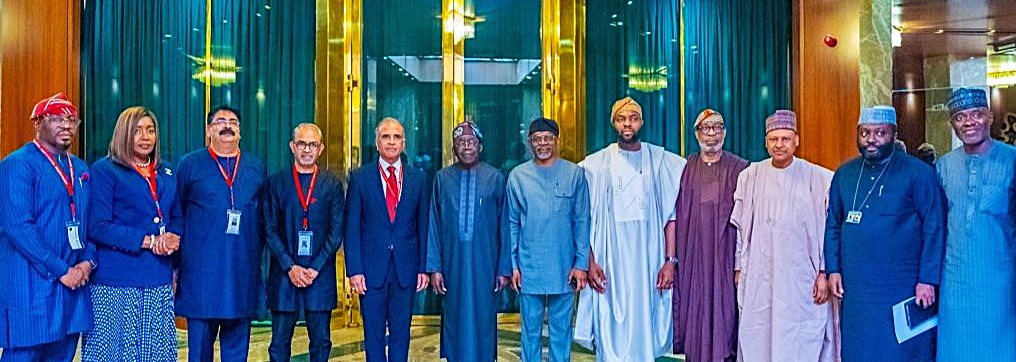
Broader Context: Airtel’s Pan‑African Agenda
Airtel Africa’s 2022–2023 annual report highlights its commitment to digital inclusion through critical infrastructure investments. The Nigeria workshop aligns with this broader agenda—enabling lives, empowering businesses, and unlocking socio‑economic progress.
Join our WhatsApp community
Join Our Social Media Channels:
WhatsApp: NaijaEyes
Facebook: NaijaEyes
Twitter: NaijaEyes
Instagram: NaijaEyes
TikTok: NaijaEyes







